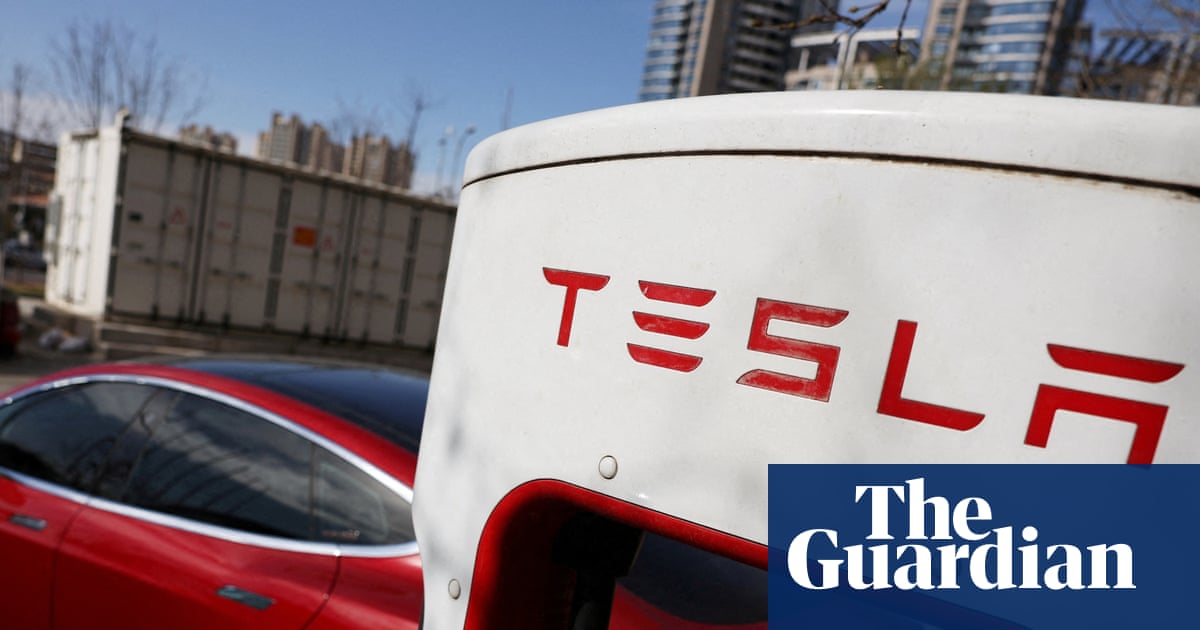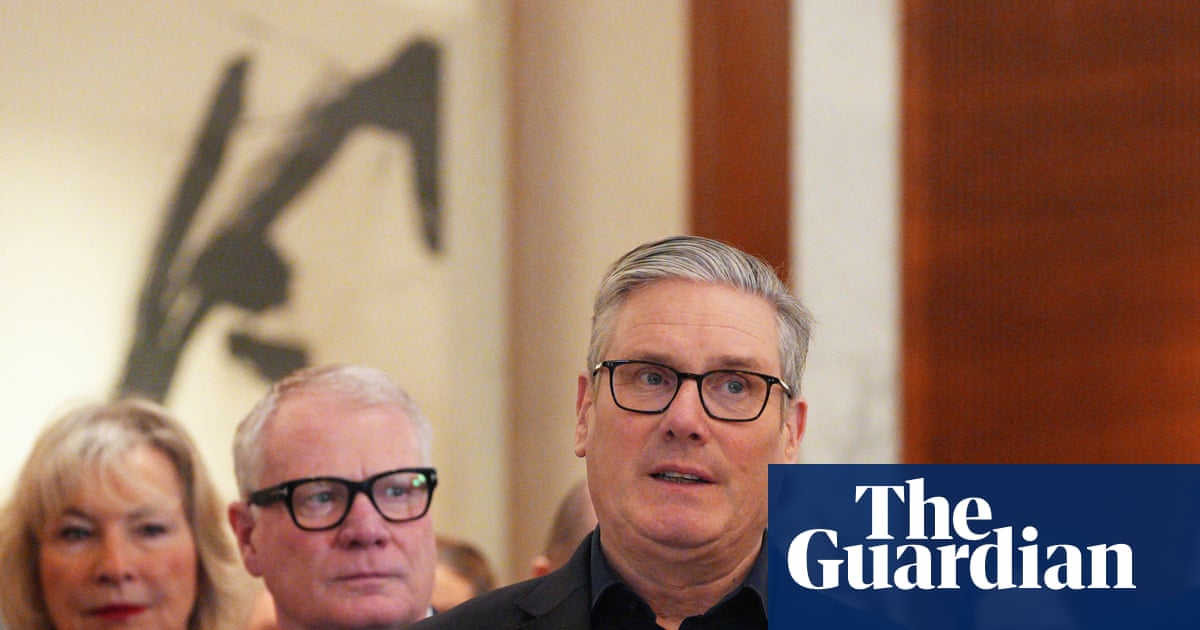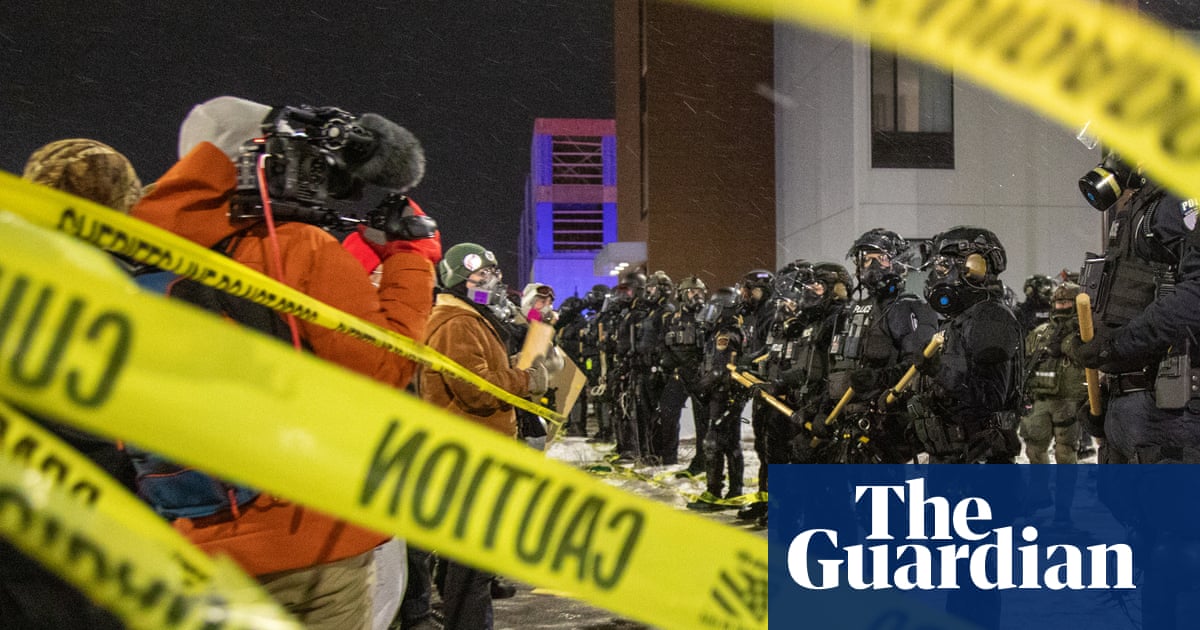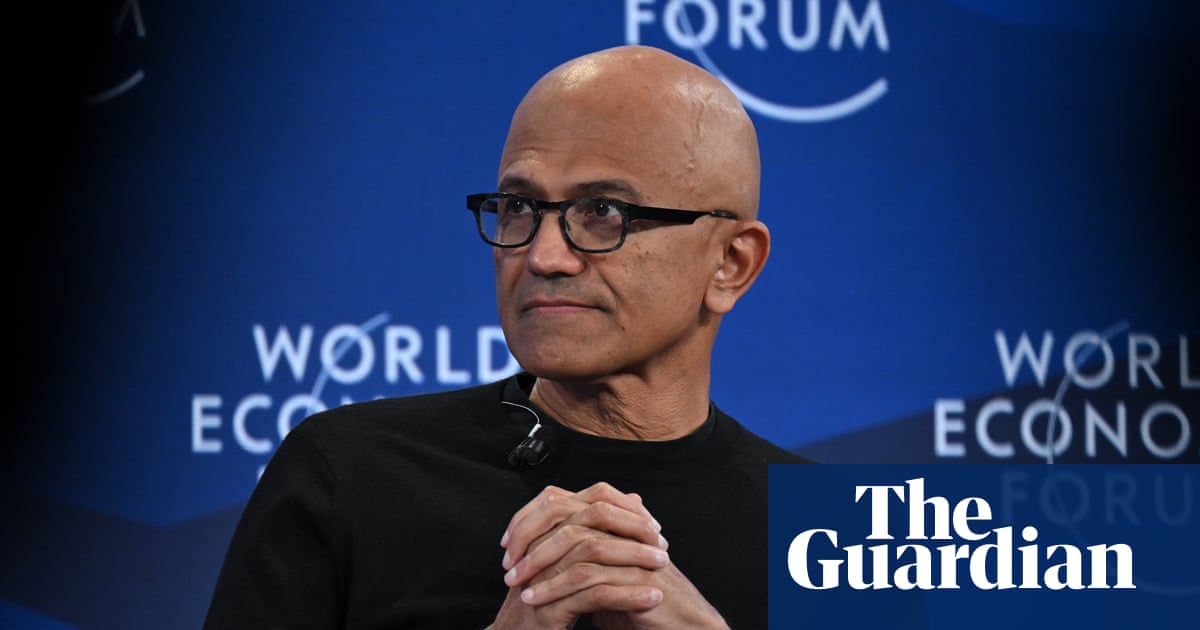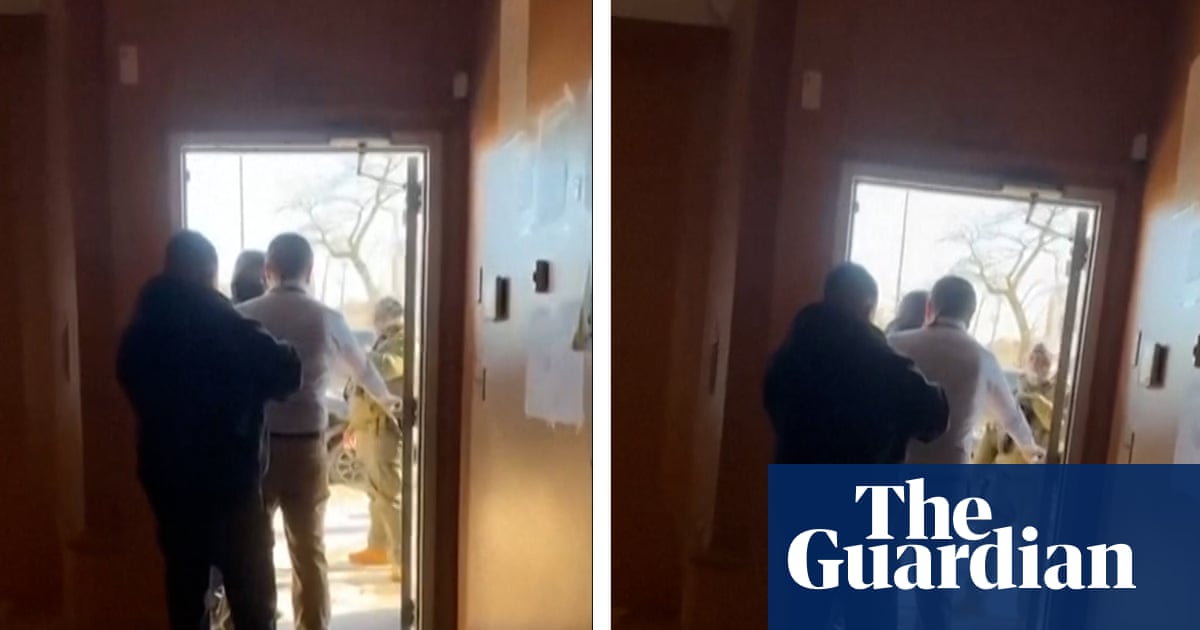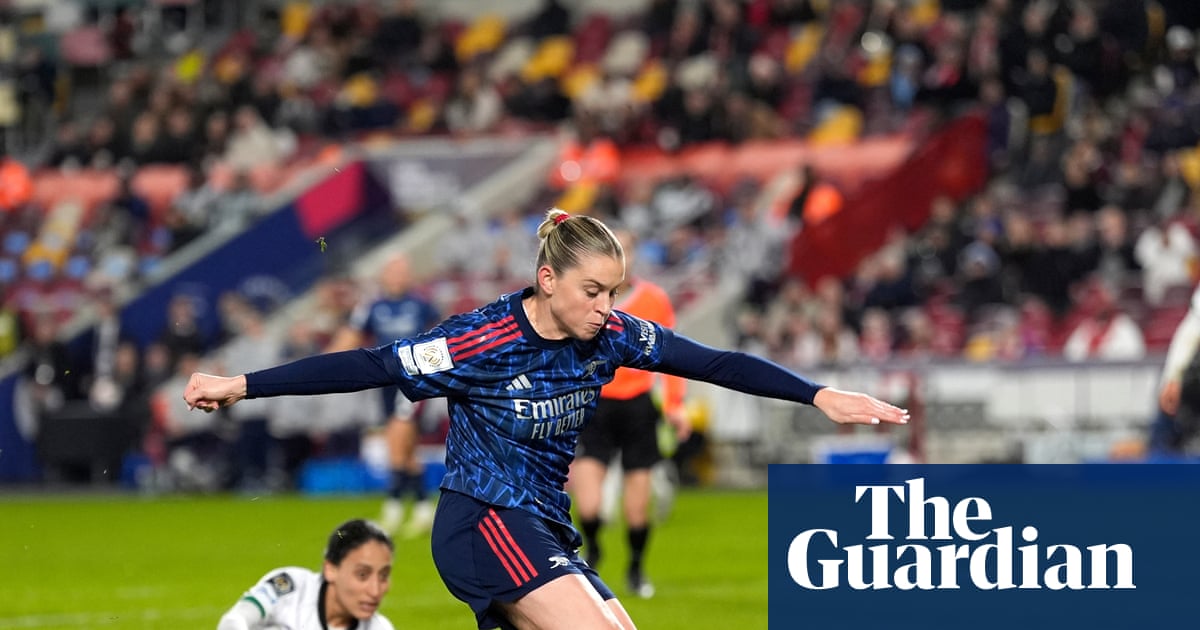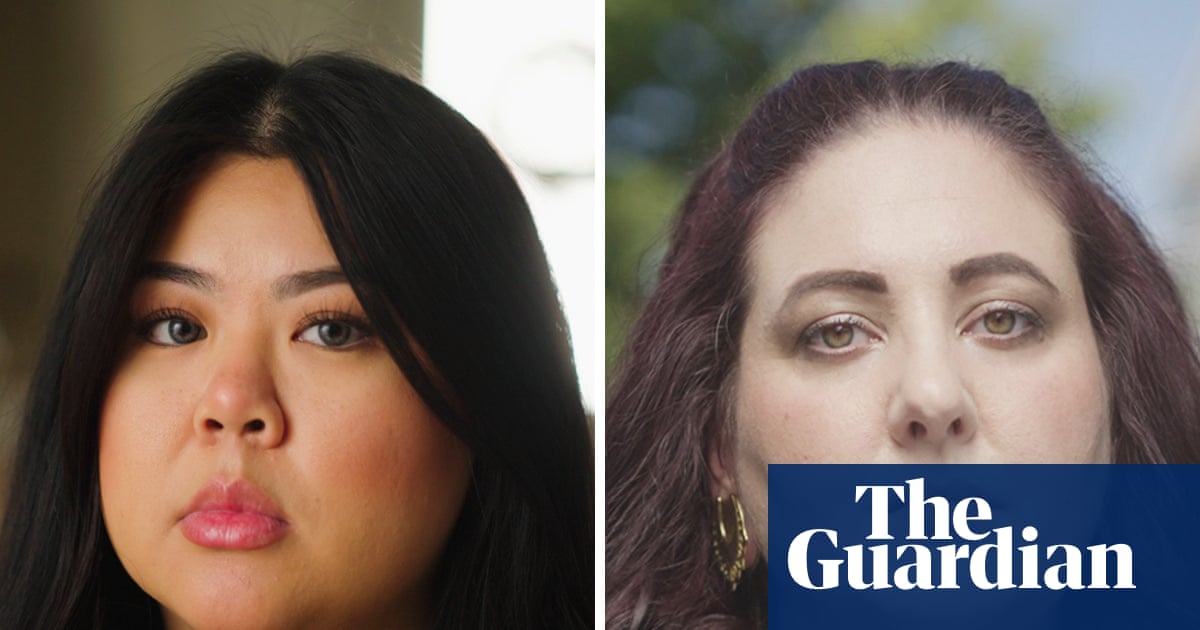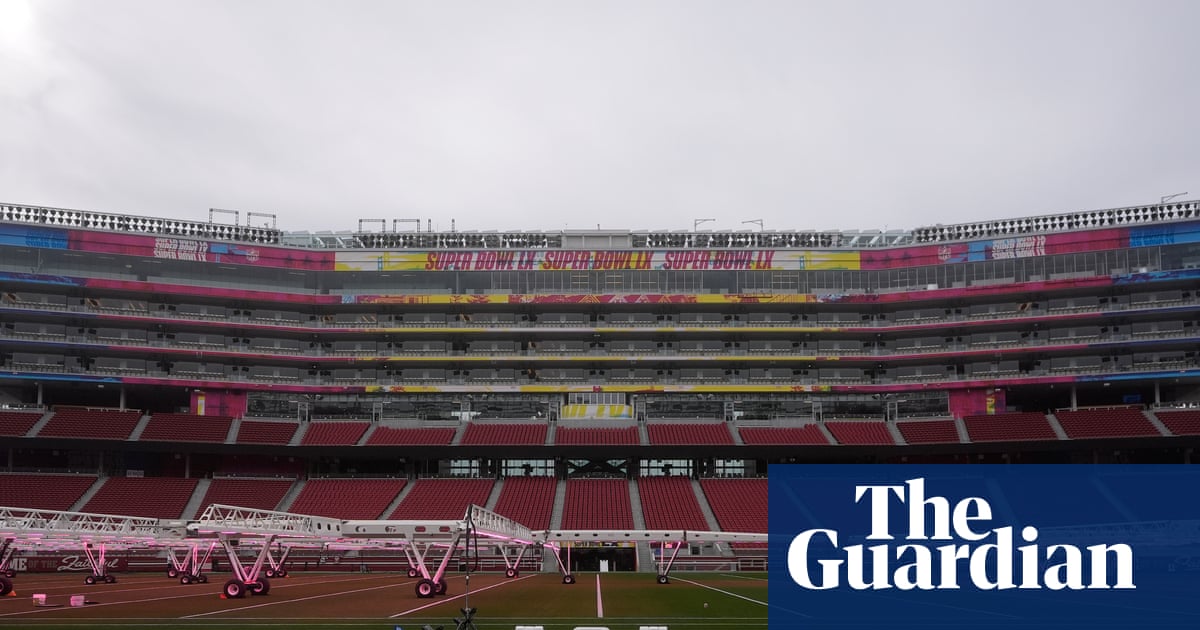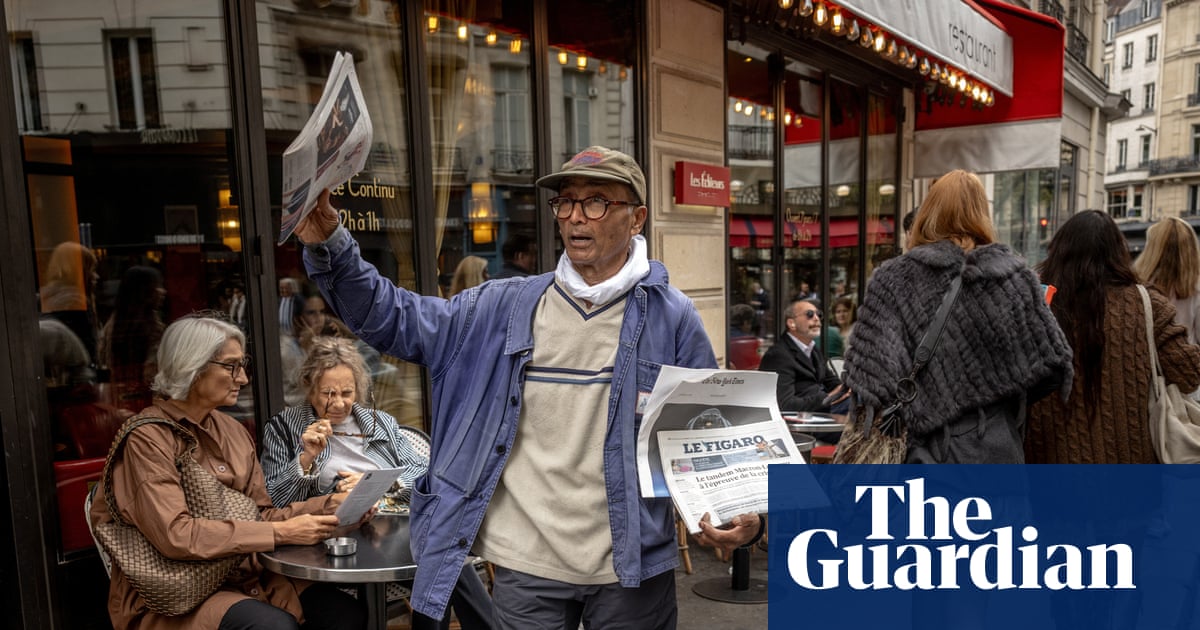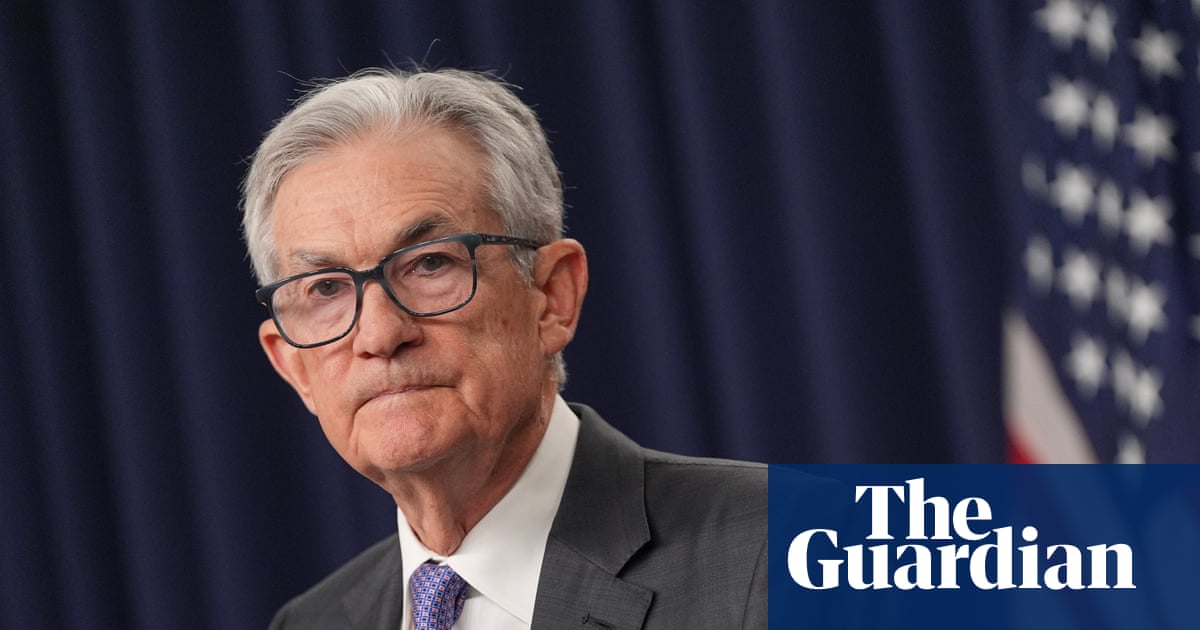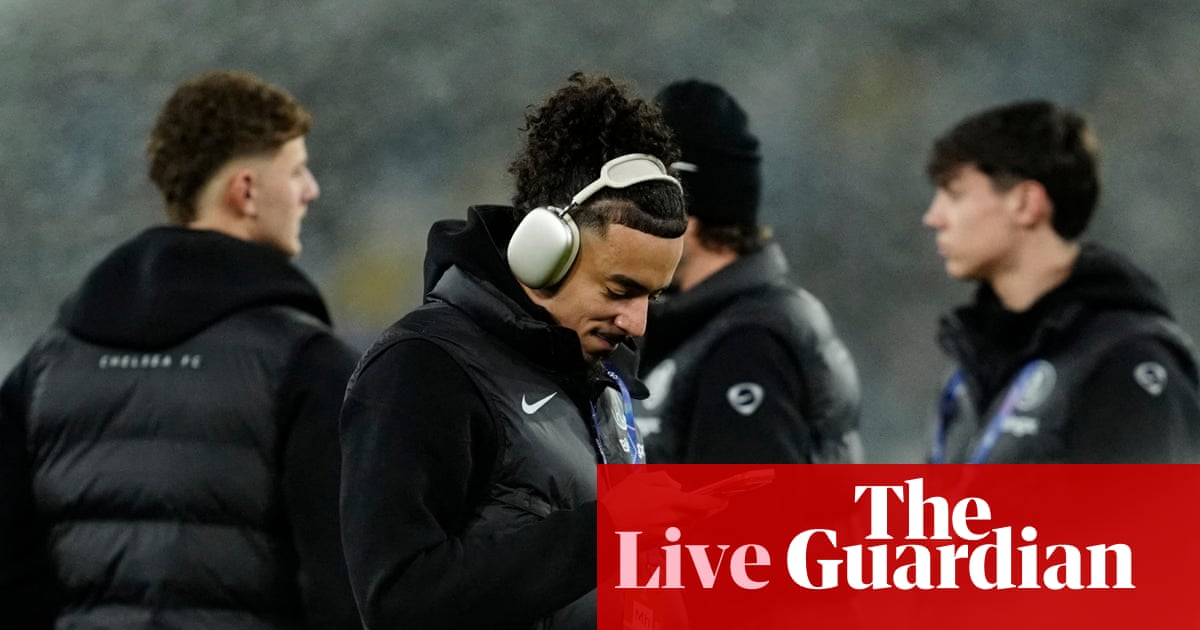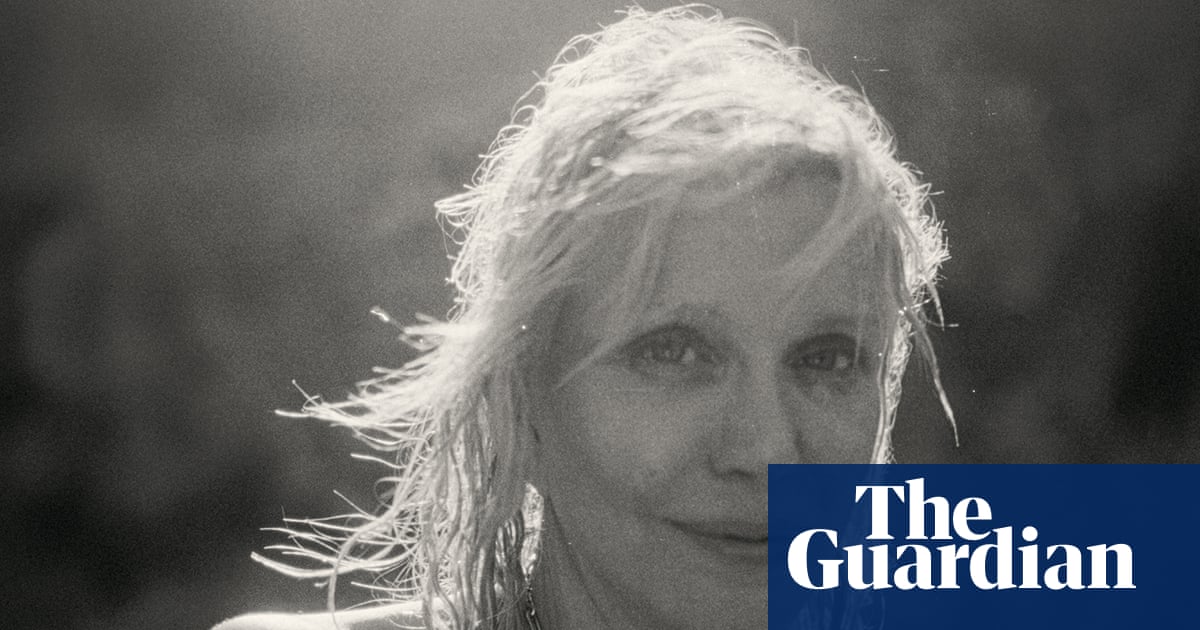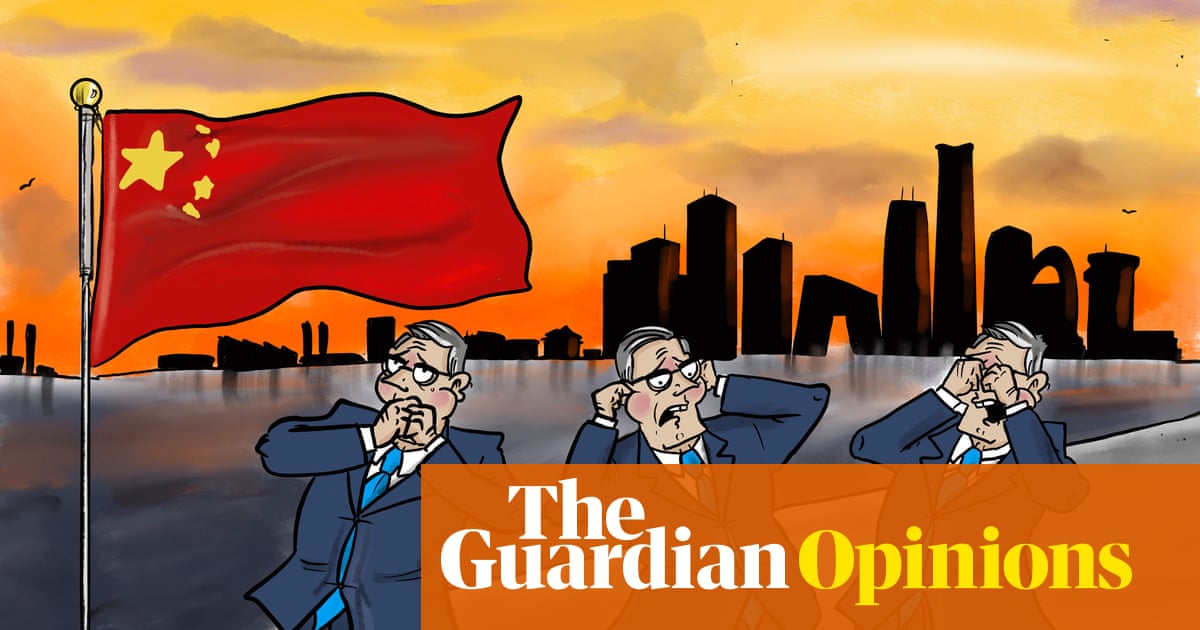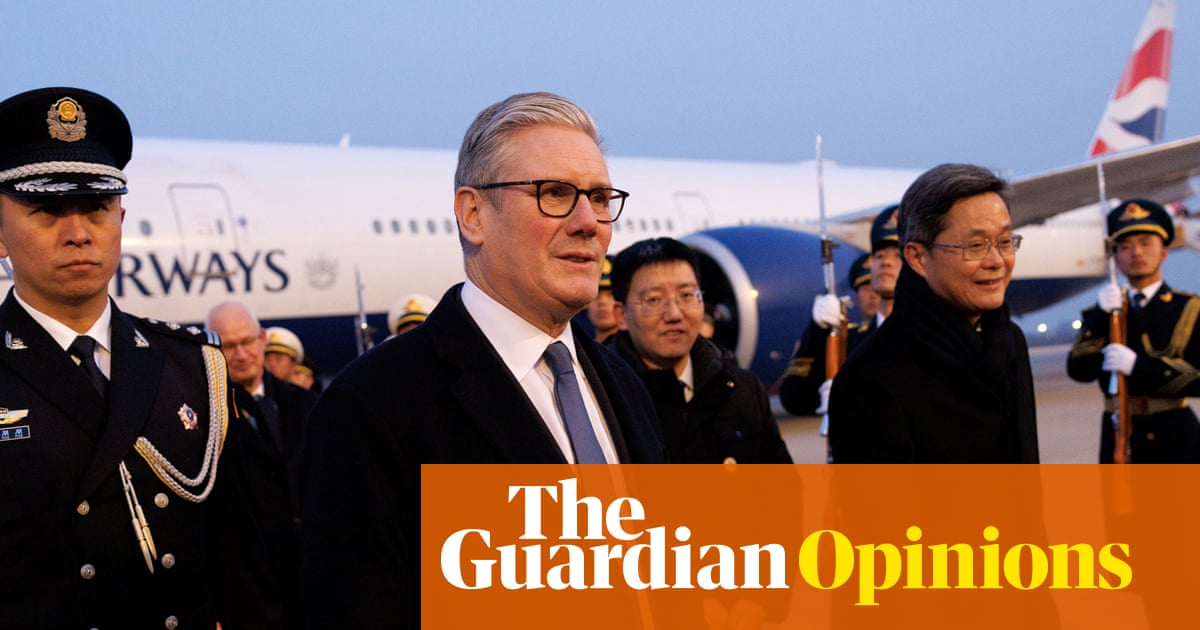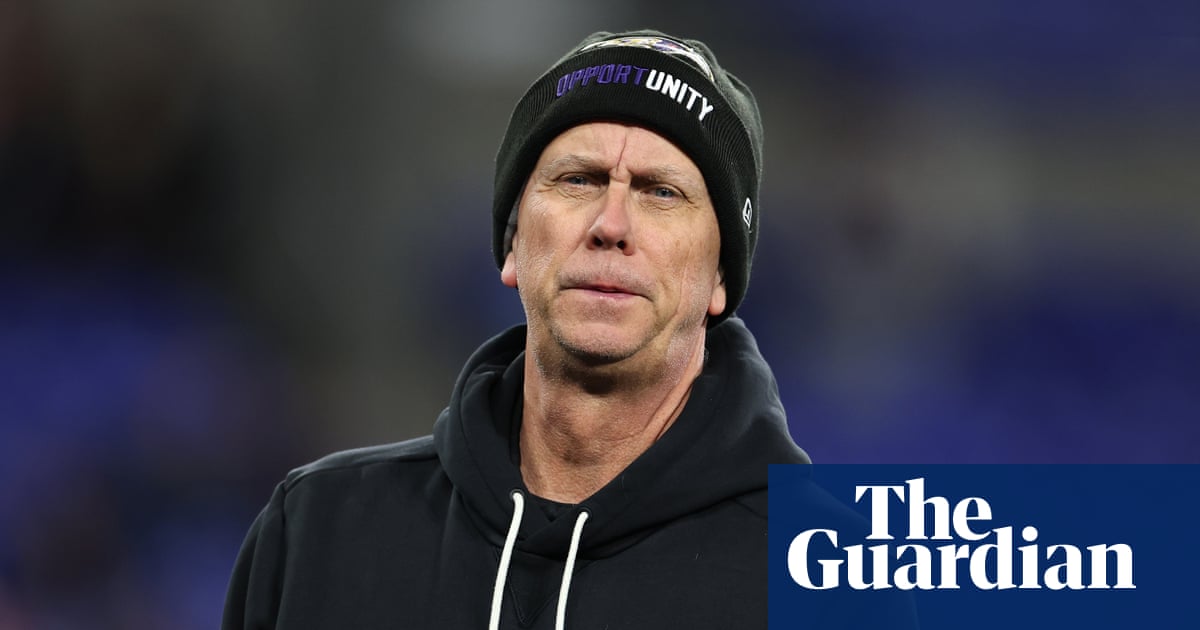Alassane Ouattara has been declared the winner of the presidential election in Ivory Coast by a landslide.
According to provisional results announced by the Independent Electoral Commission (CIE) on Monday evening, the 83-year-old won a fourth term as head of the west African country with 89.77% or 3.75m votes.
Ouattara ran against four lesser-known candidates after the opposition heavyweights Laurent Gbagbo and Tidjane Thiam were barred from contesting. But those who appeared on the ballot on Saturday – the former first lady Simone Gbagbo and three former ministers Jean-Louis Billon, Ahoua Don Mello and Henriette Lagou Adjoua – were unable to make headway.
The result trumps Ouattara’s winning margins in his previous three victories, including his 2015 win, when he secured 83% of the vote. Lagou Adjoua, who also contested in 2015, improved her previous record of 0.89% by getting 1.15%.
On Sunday evening, Billon, a former trade minister, congratulated Ouattara in a concession statement on social media, saying his decision had been informed by partial results he had seen. Billon ended up being runner-up with 3% of the tally.
Barring any surprise from the Constitutional Council during the stipulated five-day period, the octogenarian, who has been in office since 2011, will lead the world’s largest cocoa producer until 2030. Ouattara has supervised high economic growth rates and vast infrastructural development, but has been accused of crony capitalism and a clampdown on opposition to his rule.
Despite 8.7 million people being registered to vote, the election was marked by low turnout in urban areas, especially within the commercial capital of Abidjan. At multiple polling units in the densely populated communes of Yopougon and Cocody, officials said fewer than 50 voters had come in by midday.
The CEI said turnout was approximately 50%.
Some observers said the low turnout inadvertently led to what has been the country’s most peaceful election in years. In 2010, after the former president Laurent Gbagbo refused to concede defeat to Ouattara, a deadlock ensued that led to the death of an estimated 3,000 people in the months that followed. Ten years later, more than 50 people were killed as Ouattara secured a controversial third mandate.
Before the vote, there had been tensions as youths ransacked the electoral commission’s office in Yamoussoukro, the political capital, leading the authorities to declare a curfew from 10pm to 6am on the eve of the election and after voting ended. Earlier this month, more than 250 protesters were arrested, with 32 handed three-year sentences, leaving the country on edge.
Human rights groups had also noted the heavy deployment of security personnel before and during the election, raising alarm about the sidelining of prominent opposition figures and a clampdown on dissent.

 3 months ago
63
3 months ago
63
